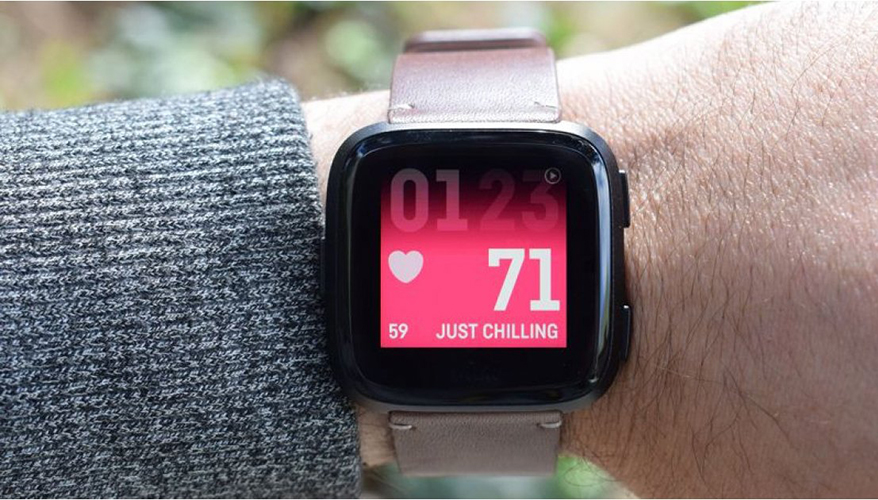This is Fitbit’s attempt to make health tools more accessible and reduce the risk of life-threatening events like stroke
Fitbit has launched the Fitbit Heart Study which is the company’s first large–scale, virtual study to validate the use of its wearable tech to identify episodes of irregular heart rhythm suggestive of atrial fibrillation (AFib). AFib is the most common form of heart rhythm irregularity.
The Fitbit Heart Study is part of Fitbit’s broader strategy to make easy-to-use tools that accelerate detection of a range of conditions more accessible. The study aims to enroll thousands and its results will support the Company’s regulatory submissions globally.
According to reports, AFib affects nearly 33.5 million people globally and patients with AFib have a five times higher risk of stroke. AFib can also be difficult to detect, as its episodes can be sporadic and asymptomatic and some studies suggest that as many as 25% of people who have an AFib-related stroke only find out they have AFib after a stroke has occurred.
“Until recently, tools for detecting AFib had a number of limitations and were only accessible if you visited a doctor,” said Steven Lubitz, M.D., M.P.H, principal investigator of the Fitbit Heart Study, cardiologist at Massachusetts General Hospital and Associate Professor of Medicine at Harvard Medical School.
Fitbit wearables have the potential to detect AFib thanks to their 24/7 heart rate tracking. This enables long-term heart rhythm assessment, including when users are asleep. The optimal way to identify irregular rhythm through heart rate tracking technology is to screen when the body is at rest, making assessment overnight, while people sleep, ideal for detection.
To track heart rate, Fitbit’s devices use photoplethysmography (PPG) technology to measure the rate of blood flow directly from a user’s wrist. Theoretically, these measurements can be used to determine a user’s heart rhythm and Fitbit’s algorithm can analyse this data for irregularities in the Fitbit Heart Study. Study participants who receive a notification about an irregular heart rhythm will be connected with a doctor for a virtual appointment at no cost to get more information and may receive an electrocardiogram (ECG) patch in the mail at no cost to confirm the notification.
How to join the Fitbit Heart Study
The study is open to people in the United States ages 22 years and older with a current Fitbit device that tracks heart rate, including Fitbit Ionic, Fitbit Versa family of smart watches, Fitbit Charge 3, Fitbit Charge 4, and Fitbit Inspire HR.
Participant data will be kept confidential and will only be shared with study partners in connection with the study.













![Hotstar Premium Cookies 2019 [*100% Working & Daily Updated*] Hotstar Premium Cookies 2019 [*100% Working & Daily Updated*]](https://tahav.com/wp-content/uploads/2019/11/Hotstar-Premium-Cookies-Free-100x70.jpg)



